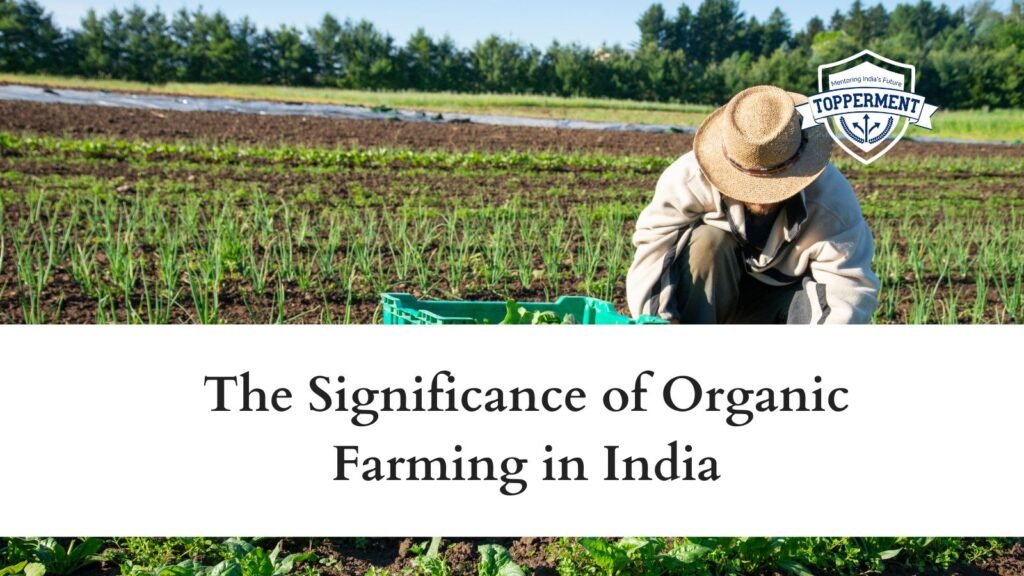Organic Farming is an interesting method of agriculture that avoids the use of synthetic fertilizers, pesticides, and other modified organisms. Organic farming relies on natural methods to grow crops, and raise animals.
· One of the major benefits of organic farming is the positive impact it has on the environment. By not using synthetic chemicals for crop growth, Organic farming has reduced the number of pollutants in soil and water. It helps to preserve natural resources and there is no chance of pollution. It also improves soil health and reduces erosion.
· Organic farming is a lot healthier for consumers and workers. They are more nutritious, and natural and they are also free from chemicals that can be harmful to health
Organic farming is far more sustainable if it is seen in the long run because it promotes soil health and reduces the need for synthetic inputs over time. The farmers can maintain soil fertility and help future generations to learn to farm.
But there are some challenges with organic farming. Organic farming is labor work, and the yields from the organic farm are lower than the regular farms. The demand for organic foods is quite higher than the supply which can result in higher prices for consumers.
However, Organic farming will grow more in the coming future, and the natural methods to grow crops are one of the best ways to grow food. It has many positive effects and once organic farming becomes more popular then the challenges will automatically come down
Also Read
- The Significance Of Nuclear Security Summit | UPSC International Relations
- The Importance of Tides: Nature’s Rhythmic Dance | UPSC Geography
Follow Us For More Content On:
https://www.instagram.com/topperment/
Tag:Consumers, Environment, IAS, IFS, India, IPS, IRS, Organic Farming, Positive Impact, Reduces Erosion, Soil Health, Sustainable, UPSC, Workers


